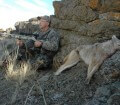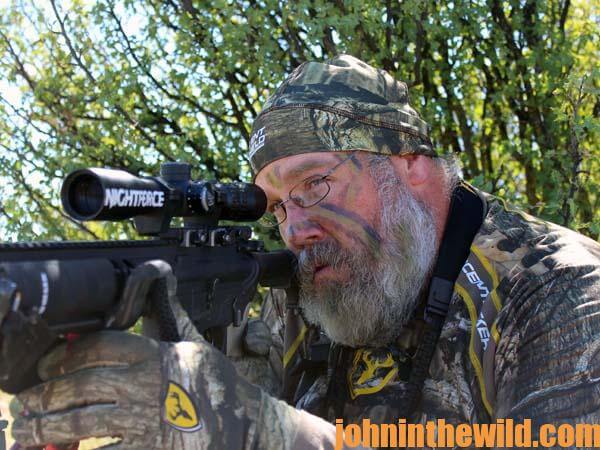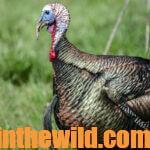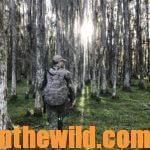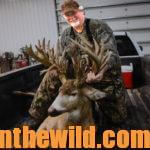John’s Note: By harvesting coyotes, foxes, bobcats, raccoons and possums, you can have more deer, turkeys, quail, pheasants, squirrels and rabbits on your hunting property. We all know the advantage of planting supplemental food plots, fruit trees, nut trees and shrubs for wildlife. We also selectively harvest our deer herds and provide minerals for deer and turkey. But one important component of managing your lands for more wildlife is reducing the number of predators on the properties. Al Morris, the host of “FOXPRO Furtakers” (http://outdoorchannel.com/foxpro-furtakers) on the Outdoor Channel, will tell us how and why harvesting predators will increase the number of game animals and songbirds on the lands you hunt. Morris, who lives in Springville, Utah, has been a predator hunter for 30+ years. Morris and his partner, Garvin Young, are the only hunters who have won the World Predator Calling Championship three times. Morris says, “I really like all the Mossy Oak patterns, since they suit all types of terrain, and I hunt all over the United States. When I’m hunting west of the Mississippi River, Mossy Oak Brush (http://www.mossyoak.com/camouflage/brush.aspx) is my favorite. In the Midwest and most of the East, I prefer Mossy Oak Break-Up Infinity (http://www.mossyoak.com/camouflage/breakupinfinity.aspx).”
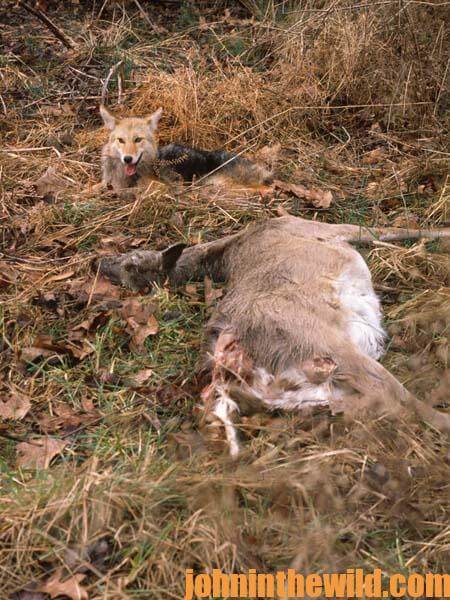 Late fall and winter are prime times to use prey-in-distress calls. Generally females will breed this month in February and then have a 62-day gestation period. So, pups will be born the last week of April through the first week in May. When flea infestation force female coyotes to change den sites, then the pups start getting serious about finding food. By August and September, the pups will be about three-fourths of their adult size, if not full size. Around the end of September or the first of October, the adult coyotes will run the pups out of their home ranges to prevent overpopulation and ensure plenty of food for the adults and the next litter of pups.
Late fall and winter are prime times to use prey-in-distress calls. Generally females will breed this month in February and then have a 62-day gestation period. So, pups will be born the last week of April through the first week in May. When flea infestation force female coyotes to change den sites, then the pups start getting serious about finding food. By August and September, the pups will be about three-fourths of their adult size, if not full size. Around the end of September or the first of October, the adult coyotes will run the pups out of their home ranges to prevent overpopulation and ensure plenty of food for the adults and the next litter of pups.
Young coyotes are like pinballs in a pinball machine. They bounce around from dominant male and female areas to other coyotes’ home ranges. When new coyotes come into that home range, the dominant male and female coyotes will fight-off intruders to protect the food source. So, these young pups go from place to place trying to set-up their own dominant zones. Usually siblings from the same litter will stay together for a few weeks. These young pups are much like teenagers who graduate from high school, don’t plan to go to college and don’t want to live with Mom and Dad. They’re attempting to figure out how to make a living, how to find a place where they can afford to stay and how to fit into the world around them.
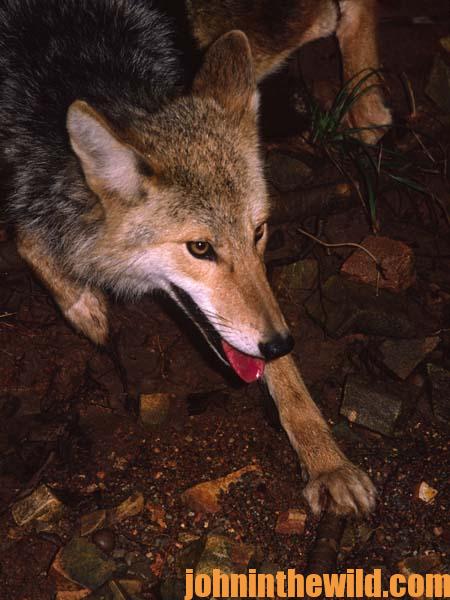 Knowing regions have the maximum number of coyotes they’ll have all year long in the fall and winter and understanding these coyotes are hungry because there are so many of them, that’s the best time to use prey-in-distress sounds. Most hunters use rabbit or squirrel sounds. But we know 75-percent of a coyote’s diet is small, ground-dwelling mammals like moles, mice and rats, so I use mouse squeaks, mole-in-distress squeaks, injured-rat squeaks and prairie-dog sounds to lure-in coyotes, bobcats, foxes, coons and possums. I’ve been really successful with these sounds many predator hunters don’t use. All these smaller, subtler sounds FOXPRO (http://www.gofoxpro.com/site/) has in its predator library of predator calls, I haven’t found with other companies. The real secret to success when using these soft prey sounds is to give them on days with little or no wind. On a windy day, I’ll give rabbit-in-distress or a bird-in-distress calls that will pierce through the wind and get to a predator’s ear. But smaller rodent-type calls are usually effective, since most hunters aren’t trying to call predators in from 1- or 1-1/2-miles away. They’re trying to call predators from wood lots 1/4-mile from their electronic callers. Under no-wind conditions, small rodent sounds can be heard from that far away by coyotes and other predators. Predators rely mainly on their ears and their noses to find critters, so they can hear a mouse squeak from a much-greater distance than we can.
Knowing regions have the maximum number of coyotes they’ll have all year long in the fall and winter and understanding these coyotes are hungry because there are so many of them, that’s the best time to use prey-in-distress sounds. Most hunters use rabbit or squirrel sounds. But we know 75-percent of a coyote’s diet is small, ground-dwelling mammals like moles, mice and rats, so I use mouse squeaks, mole-in-distress squeaks, injured-rat squeaks and prairie-dog sounds to lure-in coyotes, bobcats, foxes, coons and possums. I’ve been really successful with these sounds many predator hunters don’t use. All these smaller, subtler sounds FOXPRO (http://www.gofoxpro.com/site/) has in its predator library of predator calls, I haven’t found with other companies. The real secret to success when using these soft prey sounds is to give them on days with little or no wind. On a windy day, I’ll give rabbit-in-distress or a bird-in-distress calls that will pierce through the wind and get to a predator’s ear. But smaller rodent-type calls are usually effective, since most hunters aren’t trying to call predators in from 1- or 1-1/2-miles away. They’re trying to call predators from wood lots 1/4-mile from their electronic callers. Under no-wind conditions, small rodent sounds can be heard from that far away by coyotes and other predators. Predators rely mainly on their ears and their noses to find critters, so they can hear a mouse squeak from a much-greater distance than we can.
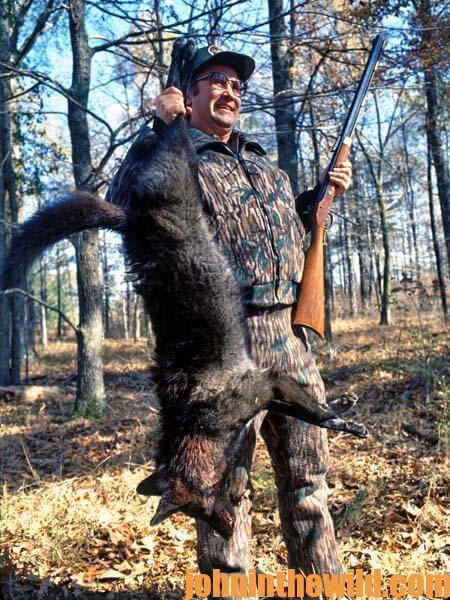 If you’re interested in having more deer, turkeys, quail and other game species on the property you hunt, predator removal has to be a major part of your wildlife-management program. This week I’ll share with you why I believe every deer, turkey and upland-bird game hunter should also be a predator hunter.
If you’re interested in having more deer, turkeys, quail and other game species on the property you hunt, predator removal has to be a major part of your wildlife-management program. This week I’ll share with you why I believe every deer, turkey and upland-bird game hunter should also be a predator hunter.
To learn more about hunting and fishing, see John E. Phillips’ eBooks and print books at www.amazon.com and www.barnesandnoble.com.

